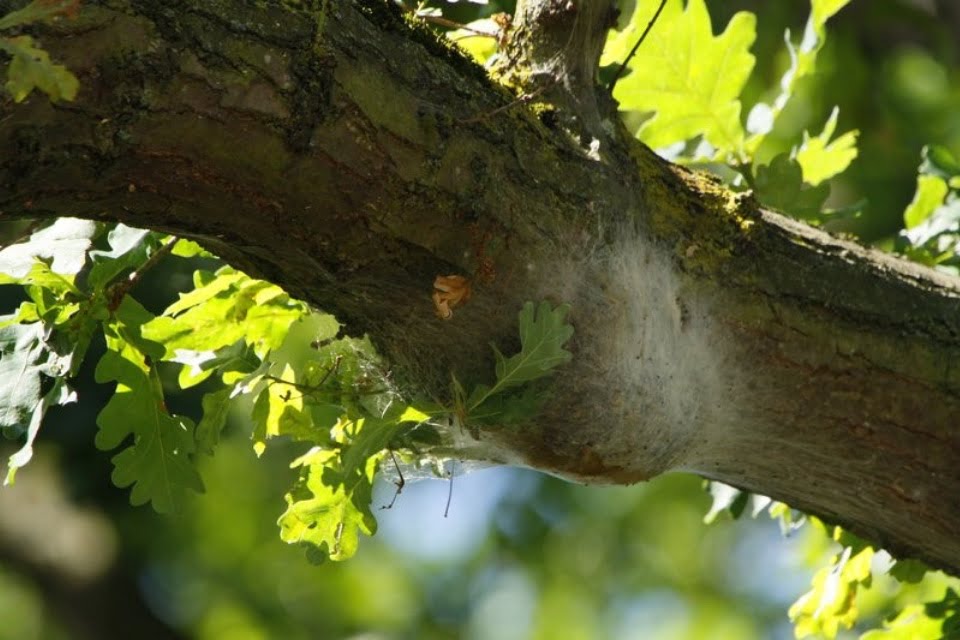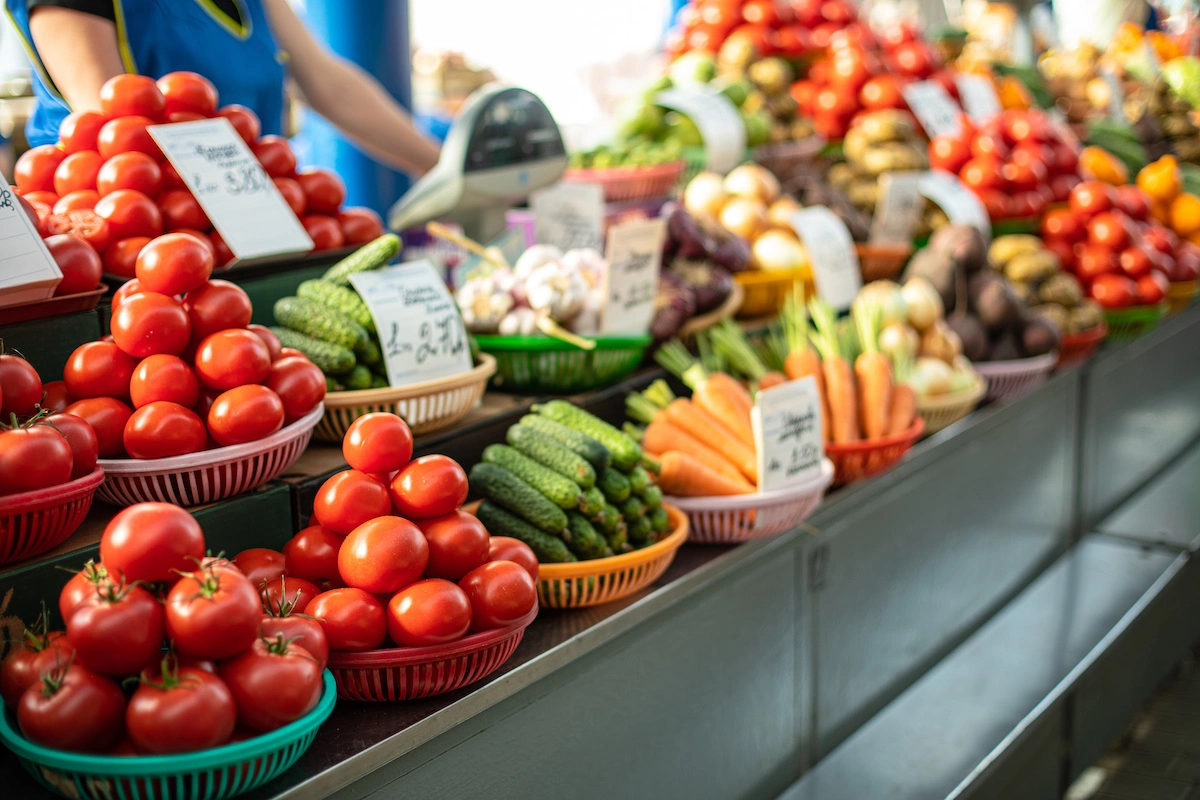Icelandic fisheries have been expanding their operations to keep up with the growing demand for sustainable seafood worldwide. With concerns about overfishing and environmental degradation, more and more consumers are looking for responsibly-sourced seafood options.
According to the Icelandic government, the country’s seafood exports have been increasing steadily over the past few years. In 2020, Iceland exported over 1.1 million metric tons of seafood, with a total export value of over 670 billion ISK (approximately $5.6 billion USD).
Icelandic fisheries are known for their sustainable practices, which have helped them gain a reputation as a leader in the global seafood industry. Many of these practices have been developed in response to the country’s unique geography and climate, which make traditional fishing methods difficult or impossible.
For example, Icelandic fishermen use “jigging” techniques to catch cod, haddock, and other bottom-dwelling fish species. This method involves using a handheld line with a weighted hook and lure, which is jigged up and down to attract fish. Unlike traditional trawling methods, jigging is highly selective and does not damage the seafloor or catch non-targeted species.
Other sustainable practices used by Icelandic fisheries include:
1. Using small boats and low-impact gear to reduce fuel consumption and minimize the impact on the marine environment.
2. Collaborating with scientists and other experts to monitor fish populations and ensure sustainable management practices.
3. Participating in certification programs such as the Marine Stewardship Council (MSC), which verifies that seafood products are responsibly sourced and meet strict sustainability standards.
Icelandic fisheries have also been investing in new technology and innovation to further improve their sustainability practices. For example, some companies are exploring the use of underwater cameras and sensors to monitor fish populations and behaviour, which can help reduce the need for guesswork and improve the accuracy of fishing practices.
As demand for sustainable seafood continues to grow, Icelandic fisheries are well-positioned to meet the needs of consumers around the world. With their commitment to responsible practices and ongoing innovation, they are likely to remain a key player in the global seafood industry for years to come.
In conclusion, the expansion of Icelandic fisheries to meet the growing demand for sustainable seafood is a positive development for both the industry and the environment. By prioritizing responsible practices and investing in innovation, Icelandic fisheries are setting a strong example for other countries and companies to follow.








